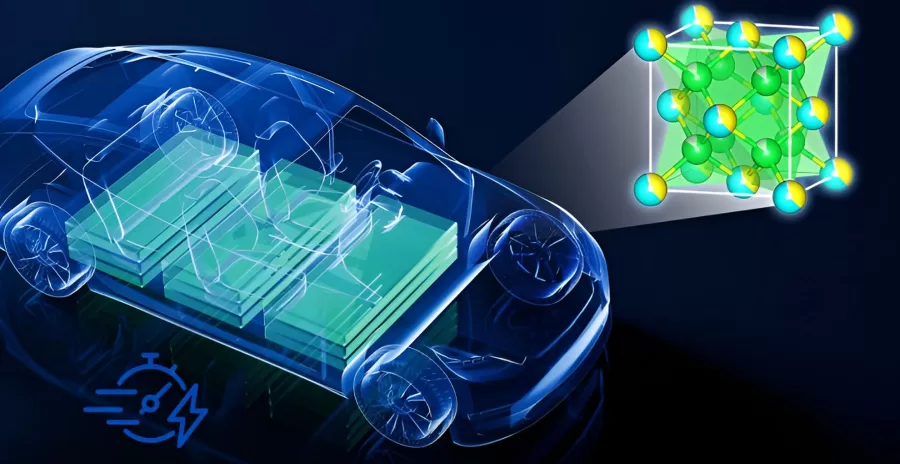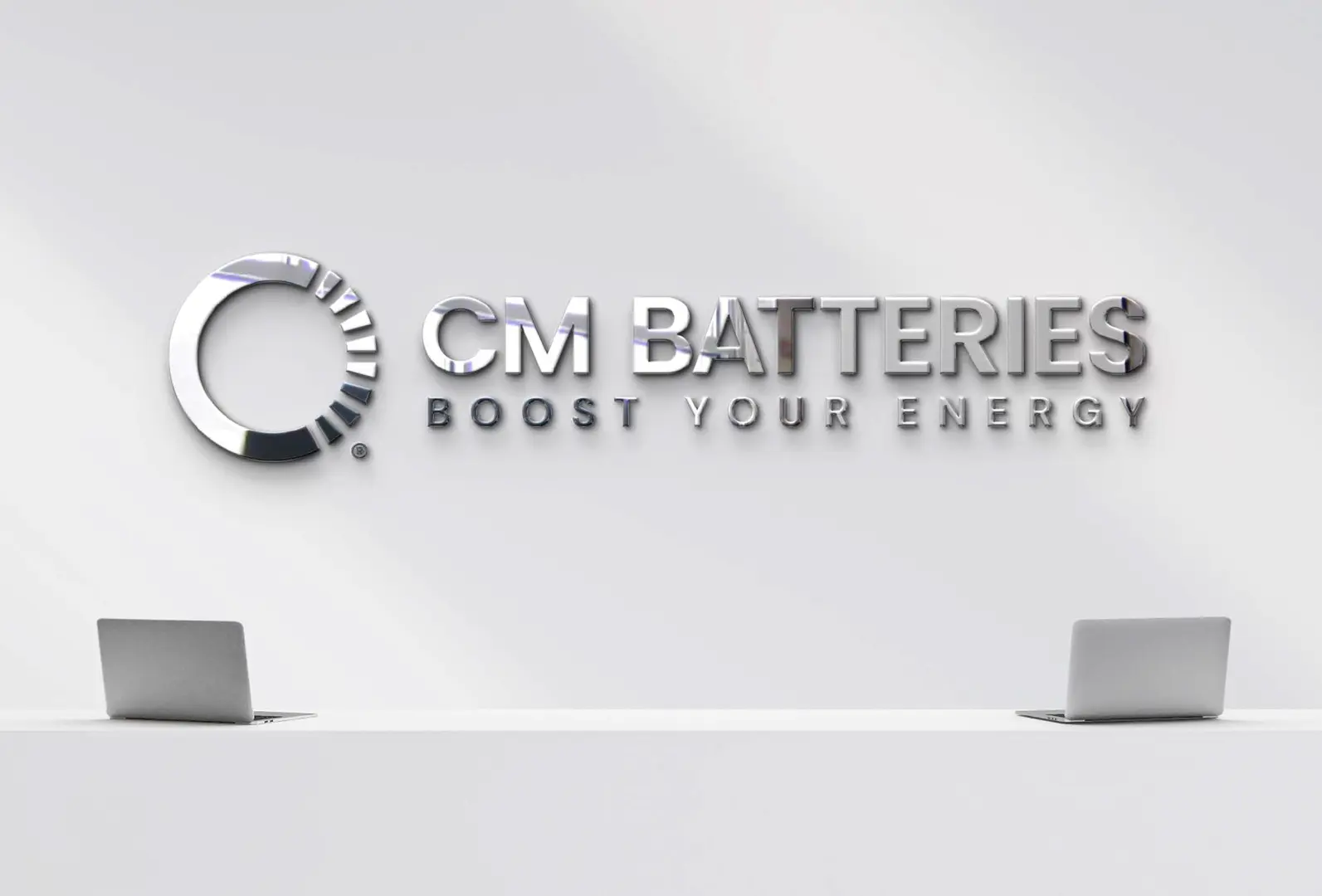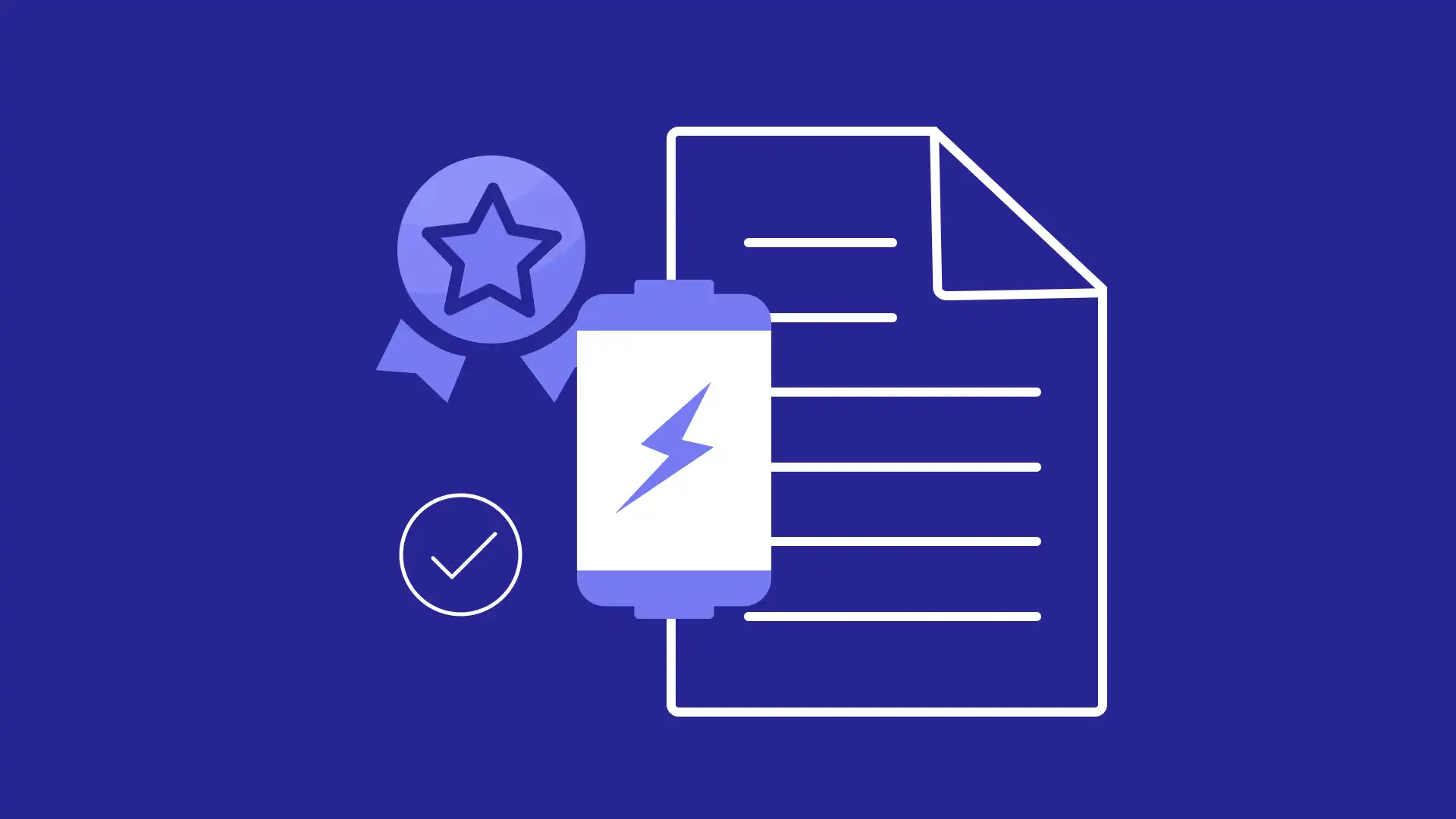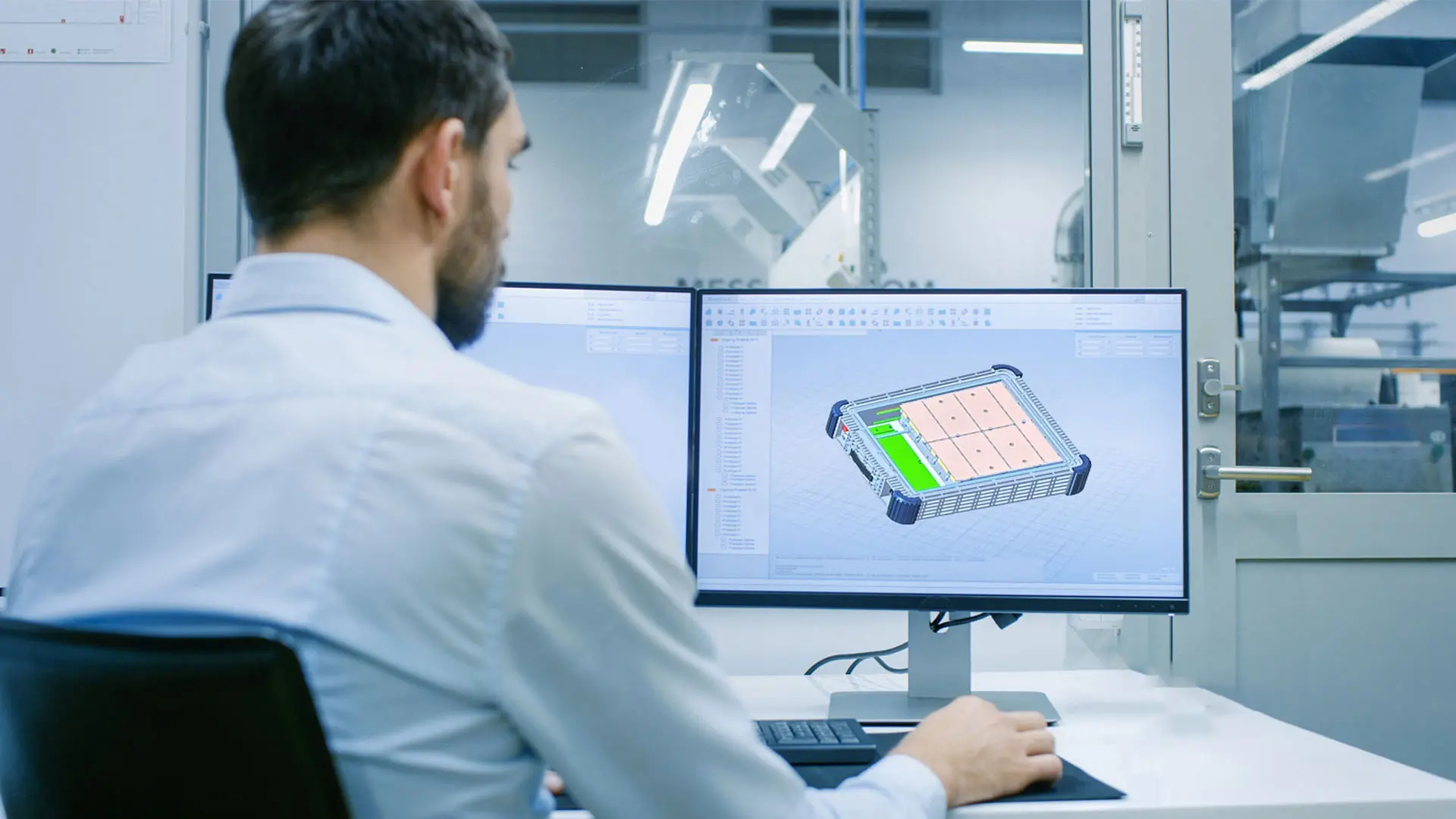The combination of innovative applications and recent advances in battery technology will bring people a more convenient and comfortable experience.
In this article, we’re going to review the most recent advancements in battery technology to help you understand what’s on the horizon for the industry. Please note that these innovations in battery technology are brand new and likely won’t be ready to mass produce at scale for a few years or so. However, these innovations are worth noting, as they mark the future of the lithium battery industry.
Here are the most recent advances in battery technology:
Solid-State Alternative Electrolytes
Lithium battery electrolytes are traditionally liquid, but recent developments signal that the future of lithium battery electrolytes is solid-state alternatives. These solid-state electrolytes eliminate the risk of leakage and thermal runaway, making them a safer alternative to liquid-state electrolytes. Solid-state batteries will offer an increased energy density and reduced charge times, making them a great option for electric vehicles and portable electronics.

Nanomaterial Integration Into Battery Electrodes
Integrating nanomaterials into battery electrodes helps stabilize its composition, improving capacity, performance, and longevity. This increased stability reduces degradation during charge/discharge cycles over time, meaning that your battery can maintain capacity and performance level over a longer period than currently available options, making them more cost-effective in the long run. These nanomaterials, such as graphene and carbon nanotubes, allow batteries to store more lithium ions, which enables them to go longer without charging.
Lithium-Sulfur Batteries
Lithium-sulfur batteries could become the preferred material composition of the future, given their drastically cheaper production cost and simultaneously higher energy density. This higher energy density makes them ideal for lightweight battery solutions such as drones or portable devices. Sulfur is one of the most abundant resources on Earth, making this composition a promising option for the future.
AI BMS (Battery Management System)
Battery management systems protect your battery by switching it off at certain temperatures, preventing overcharging or over-discharging, or alerting you to damage or dangerous leaks. What an AI BMS does is not only act on these conditions, it also analyzes data in real-time to prevent these issues from happening in the first place.
AI BMS is one of the most promising advances in lithium-ion batteries. While a regular BMS is more than adequate for a typical lithium-ion battery, this becomes especially helpful with high-stakes operations such as power grids or electric vehicles in dangerous terrain.
While these innovations aren’t on a broad scale, you can expect to see them more regularly integrated into society shortly. Keep these innovations in mind and follow the CMB blog for new updates about the industry and its future.
At CM Batteries-Custom Battery Pack Supplier, Inc., we keep you informed about the latest technological advancements and industry trends. These innovations represent our continuous pursuit of excellence in the lithium battery field, contributing to a more sustainable and eco-friendly future. Thank you for your attention and support as we look forward to a bright future in battery technology together.











